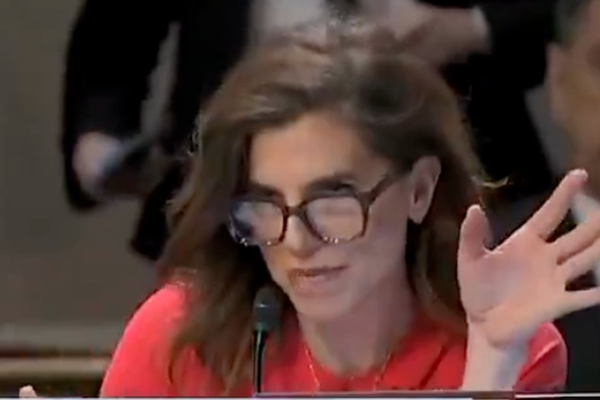
In 2018, the illustrator Ana Penyas became the first woman to win Spain’s national comic award for her debut graphic novel, Estamos Todas Bien (We’re All Just Fine) and now, at last, here it is in English, translated by Andrea Rosenberg. A word of warning, however. This is a book that demands – and repays – close attention. I had to read it twice before I fully noticed all that was going on some of its pages and only after studying Esther Claudio’s excellent notes on the text did some other things become clear to me. If the story it tells is universal – Penyas is interested in all the ways in which the domestic labour of women has been, and still is, undervalued – its gorgeous richness is born of specificity. It really does help to know, say, that Jabón Lagarto was a particularly harsh soap, once popular in Spain for washing clothes by hand.
We’re All Just Fine traces the histories of Penyas’s grandmothers, moving between the present day, in which she patiently interviews them over bowls of home-cooked food, and the Francoist Spain in which they grew up, surrounded by the ever-present military police whose job it was to enforce strict social control. In some ways, the two matriarchs could not be more different. While Maruja has depressive tendencies – the result, perhaps, of an arranged marriage that left her lonely and isolated – Herminia, whose background is more unconventional, still has a subversive streak. But both remember the bad old days, when women were required to be nothing more than beautiful drudges, however fierce their spirit. As she talks to them, Penyas is painfully aware of her own privilege. It’s not only that she has the freedom to pursue her career; she still benefits from their maternal training, just as her parents did before her (when she visits, her grandmothers will not let her even so much as wash up).

As Claudio notes, Penyas’s use of collage as well as drawing, combined with her red and grey colour scheme, recalls Russian constructivism, an art designed to reflect a society of a somewhat different political shade to Franco’s Spain. But the result is warmer than it sounds: here are whitewashed Spanish villages, pristine zinc bars, the shop floor of the famous department store El Cortes Inglés and, most vivid of all, her grandmothers and their friends, with their stooped backs and soft faces. In a comic that is relatively short, she handles time brilliantly, the Franco years giving way almost imperceptibly to La Movida, the cultural boom that flourished after the dictator’s death in 1975 – a shift signalled by the replacement of ads for Jabón Lagarto and Nivea (to soothe the hands it made so sore) with billboards for the films of Pedro Almodóvar (his liberated women close to aliens in the eyes of Maruja and Herminia).
Ideas, though, can only take a woman so far. If Penyas is too smart to suggest that the arrival of the washing machine did as much for her grandmothers’ as democracy, she also understands the incredible power of a good spin cycle. As her wonderful illustrations make clear again and again, laundry is a jailer, too; socks and shirts the eternal enemies of women’s freedom.
We’re All Just Fine by Ana Penyas, translated by Andrea Rosenberg, is published by Fantagraphics (£22.99). To support the Guardian and Observer order your copy at guardianbookshop.com. Delivery charges may apply







